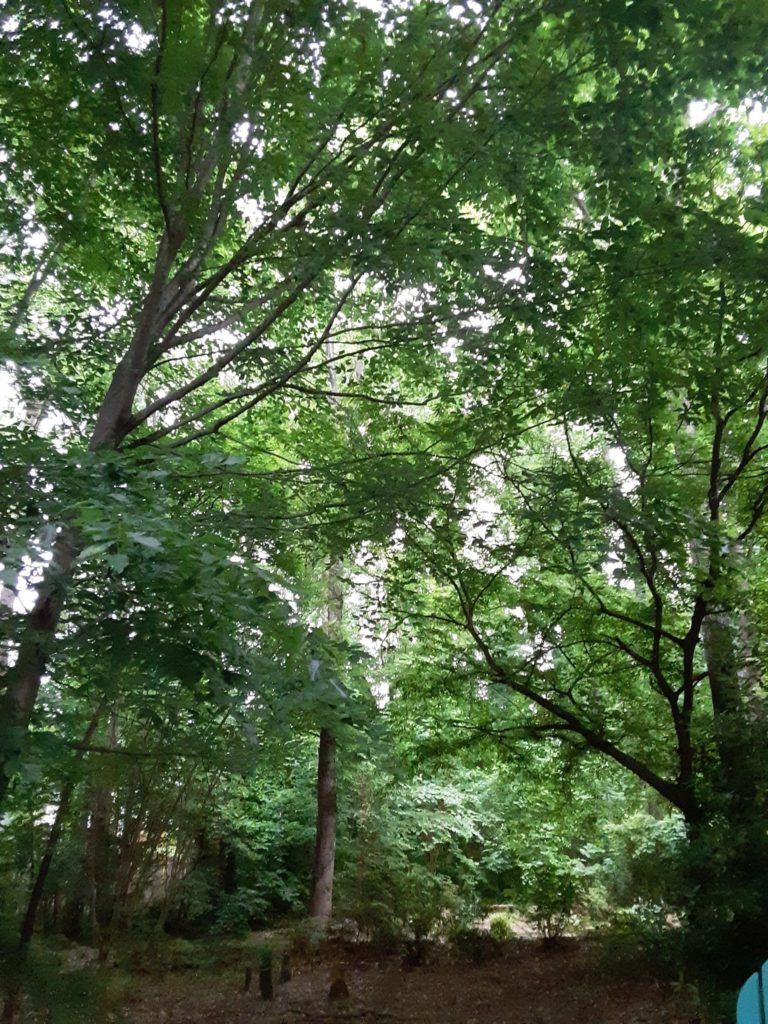
I attended (online) the latest Munster Technological University digital transformation (Dx) event a week or so ago. You can catch up with this recording of it. The idea was to facilitate a conversation about the regional impact of digital connection, in the context of education and non-profit organizations. Speakers Keith Smyth and Frank Rennie, from the University of the Highlands and Islands (UHI) in Scotland, joined Grainne O’Keefe, CEO of the Ludgate Digital Hub in Skibbereen, Co. Cork, on a discussion panel moderated by Gearoid O Suillebhain and Tom Farrelly, both of MTU.
These events at MTU (I was physically present in Cork for the previous one, along with my colleague Lawrie Phipps, to talk about digital transformation in HE contexts) are designed to provoke thought and provide information about what is happening with digital places and tools, and also what we would like to happen with digital places and tools in the larger context of our professional and educational and personal practices. I see these conversations as a way to step around the futurecasting that continues to dominate much of the discourse (“What will education look like post-pandemic??” as if we are out of the pandemic, and as if we have a good handle on what it looks like now, let alone in the future…). Grounding discussions in the practices of people now, and recognizing the continuity with what has happened in the past, feels like a more constructive way of going about trying to create a future, rather than have one handed to us.
The GrowDx conversation centered on the relationship between communities and the educational and other institutions embedded within those communities. UHI is scattered across a wide physical area, much of it remote and isolated from major population centers, and has historically had to figure out ways to connect students and staff at a distance, well before pandemic concerns made that a priority for everyone involved. Keith Smyth talked about the “co-located and dislocated campus,” referring to the ways that physical distance and digital proximity combine to produce a multiplicity of ways to participate. The new MTU is similarly scattered across a wide area (“from Ballyferriter to Youghal” as Tom Farrelly pointed out), and has as one of its primary remits a responsibility to conserve, develop, and curate connections at a distance. Digital places and platforms provide crucial ways for those connections to happen.
Grainne O’ Keefe pointed out early in her discussion of the development of the Ludgate Digital Hub, now a model for the rest of Ireland for how to provide a place for rural communities to connect with educational and professional services and networks beyond their immediate physical environment, that none of those connections are possible without investing in digital infrastructure. The first step was getting strong broadband installed down to Skibbereen, in West Cork. The idea is to give people a chance to study and work where they want to live, rather than having to leave their communities for opportunities. Leaving Ireland has a long and devastating history for Irish people; colonization and the post-colonial experience has long made it necessary for them to go elsewhere to make a living (or simply, to live). Creating places, with the help of digital affordances, that make it possible not just to stay but to stay and thrive, feels to me like a radical act.
Both Ludgate and UHI share the model of “hubs” as a way of bringing digital to people, and also bringing people to each other, in the same physical location as well as connected to each other digitally. Students can attend classes without having to leave their immediate area, but also can connect with other local people doing the same thing, via these hubs. People working in Skibbereen don’t have to rely on their household set up to do their work online, or to study for their degrees, and also do not have to do any of it in isolation if it does not suit them. Grainne O’Keefe also made the point that spaces without programming, without intentional planning around what will happen in those spaces, will fail. Connecting people to possibilities and each other takes more than “a physical location, filled with tech.” She described Ludgate as a “community informed social asset” and I think that description also fits the new MTU.
I always wish for more time for discussion in events like these, and attending online meant I did not have access to the chats over tea and coffee when some of these discussions take place. Those of us in the chat did manage to ask some questions about what places like UHI and Ludgate can offer, in helping us think about possibilities.
My primary question after the discussion was about how to protect those possibilities, especially in countries like the US and the UK, where there are fewer resources being offered to us in the educational sector. Ireland has the advantage of being in the EU, and also of a government that sees the value in investing in the public sector.
What is the role of institutions in keeping “doors open” for people who could benefit from multiple modes of engagement (I feel like this is all of us)? Flexibility like that requires more resources, including people who need to be paid to do the work of setting up the spaces, the tech, and social and educational programming. More resources requires more money.
There’s something here about the importance of carrying forward the good things that being online brings us while also keeping up with the good things that physically embodied experiences can yield. What these hubs do is expand and support the choices that people can make around how and where they want and need to work and study. The hub model provides more open doors to people, rather than presenting with a “do it all online, or do it all on campus/in the office” binary.